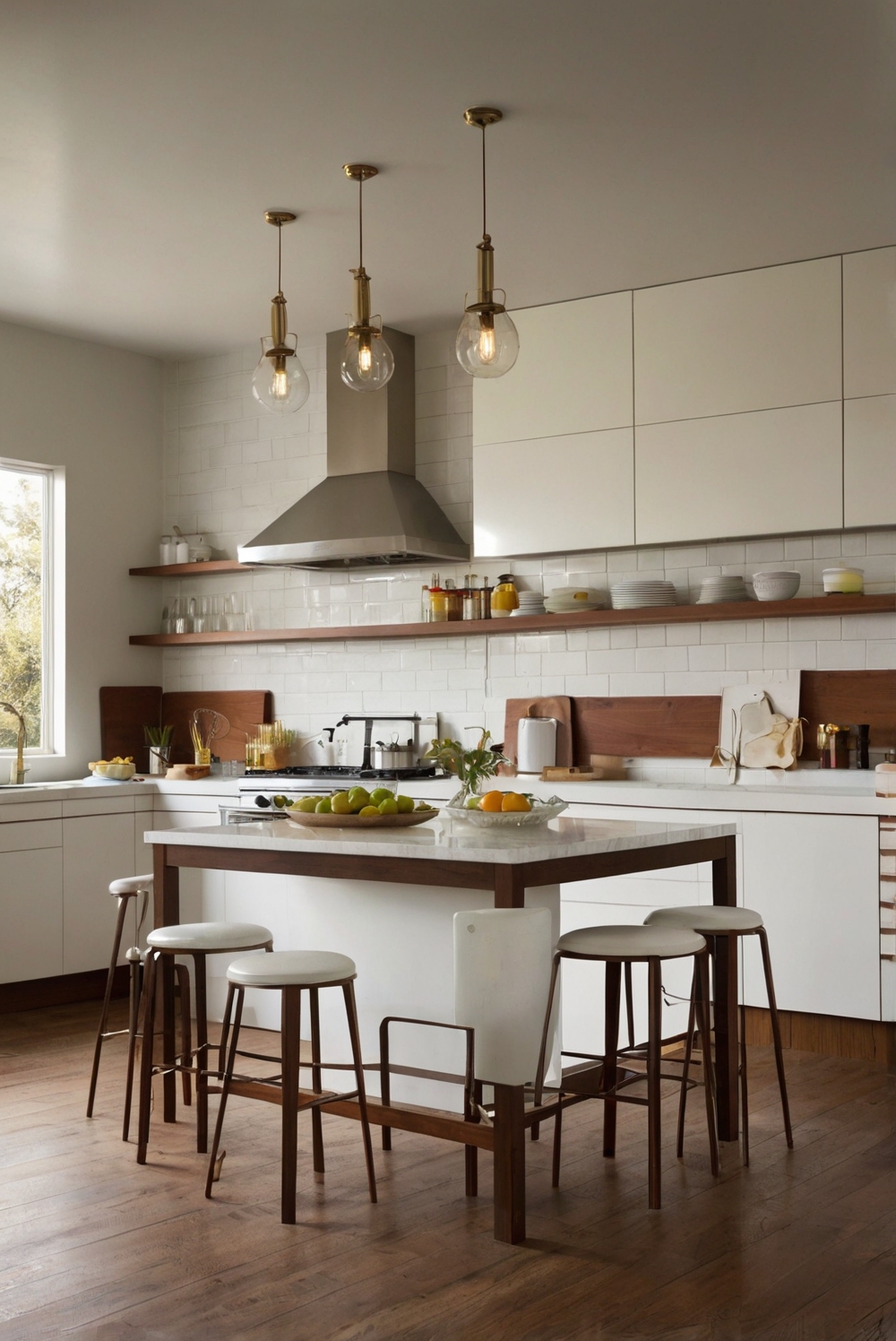Discover the best materials that are resistant to stains from food and beverages in this daily interior designer routine, ensuring stylish and functional home decor.
What materials are resistant to stains from food and beverages?
Granite, quartz, stainless steel, and porcelain are some of the materials that are highly resistant to stains from food and beverages. These materials are popular choices for kitchen countertops and dining surfaces due to their durability and ease of maintenance. Granite and quartz countertops are non-porous, making them less prone to staining compared to other natural stones. Stainless steel is a great option for appliances and sinks as it resists corrosion and staining. Porcelain, particularly in tile form, is also a smart choice for flooring and surfaces exposed to spills, as it is easy to clean and stain-resistant.
What materials are resistant to stains from food and beverages?
When it comes to selecting materials that are resistant to stains from food and beverages, it is essential to consider the following factors:
1. Porcelain and Ceramic:
Porcelain and ceramic materials are popular choices for countertops, backsplashes, and flooring in kitchens and dining areas. They are highly resistant to stains from food and beverages due to their non-porous nature. These materials do not absorb liquids, making them easy to clean and maintain.
2. Quartz:
Quartz is another durable material that is resistant to stains. It is engineered to be non-porous, making it impervious to spills and stains from food and drinks. Quartz countertops are a popular choice for kitchens due to their low maintenance and stain-resistant properties.
3. Stainless Steel:
Stainless steel is a versatile material that is commonly used in kitchens for appliances, sinks, and countertops. It is highly resistant to stains from food and beverages and is easy to clean with soap and water. Stainless steel surfaces also have anti-bacterial properties, making them a hygienic choice for food preparation areas.
4. Granite:
Granite is a natural stone that is known for its durability and resistance to stains. When properly sealed, granite countertops are resistant to spills and stains from food and beverages. Regular sealing and maintenance can help prolong the life of your granite surfaces and keep them looking like new.
5. Laminate:
Laminate countertops are another budget-friendly option that is resistant to stains from food and beverages. While not as durable as some other materials, laminate can still provide a stain-resistant surface with proper care and maintenance. Laminate countertops are available in a wide range of colors and patterns, making them a versatile choice for kitchen and dining areas.
In conclusion, when selecting materials that are resistant to stains from food and beverages, consider factors such as porosity, durability, and maintenance requirements. Porcelain, ceramic, quartz, stainless steel, granite, and laminate are all viable options that offer varying levels of stain resistance. Proper care and maintenance of these materials can help ensure their longevity and keep your kitchen looking clean and beautiful.

